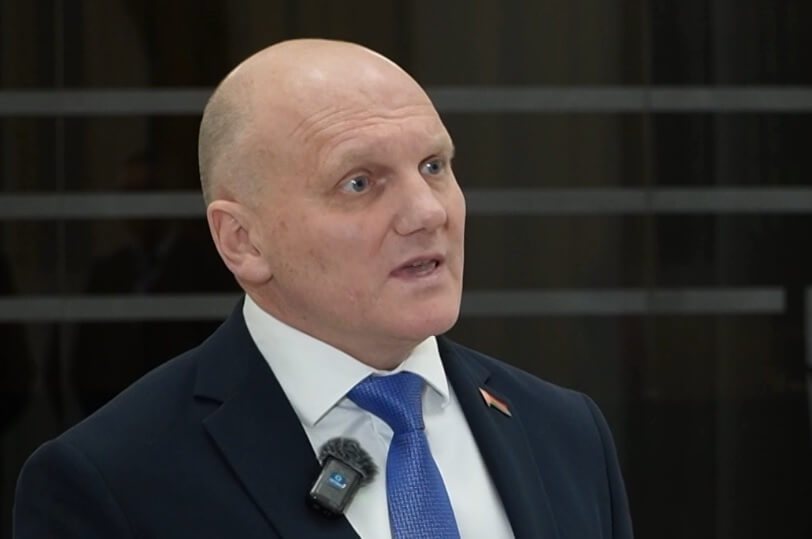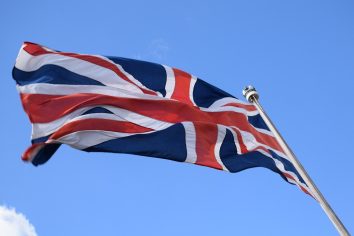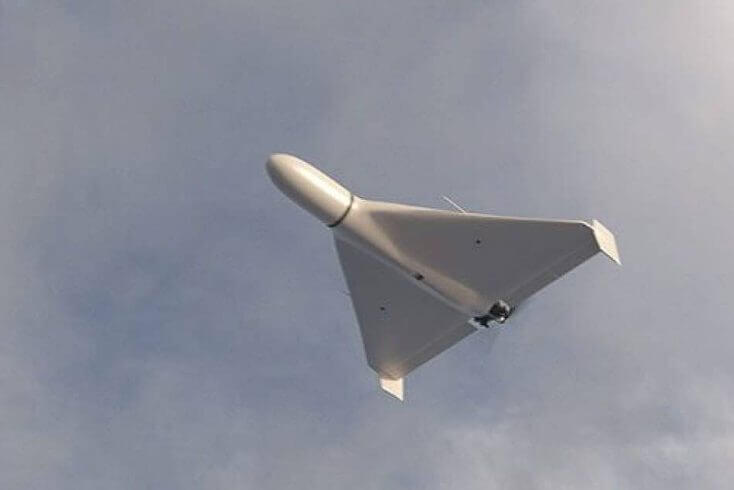KGB chief: Łukašenka freed foreigners, dissidents hoping for reciprocity

June 23, Pozirk. Minsk expects reciprocal steps in exchange for the recent release of several jailed dissidents and foreigners, Ivan Tertel, head of the Belarusian Committee for State Security (KGB), told a state-run TV channel in an interview broadcast yesterday evening.
“We must develop good neighborly relations with different countries and de-escalate this situation,” he said. “If no major decisions are made . . . we may find ourselves in a very, very difficult situation with unpredictable consequences.”
The Western neighbors should appreciate the overture and modify their policies towards Belarus, the KGB chief noted in an apparent reference to foreigners pardoned, including three Poles, two Latvians and one Estonian.
The release of 14 persons on June 21, including prominent opposition figure Siarhiej Cichanoŭski, had been a result of Minsk’s engagement with Washington for more than a year, Tertel said.
The United States is not the only foreign contact of Alaksandar Łukašenka, the KGB chief added, without specifying any further details.
European politicians welcomed Minsk’s move but called for the release of all political prisoners.
On June 23, human rights defenders said that at least 1,176 people were still held in prisons on political grounds in Belarus.
Based on Tertel’s statement, Łukašenka has been negotiating with Washington since mid-2024, so engagement began under the administration of President Joe Biden. The Belarusian strongman pardoned the first group of prisoners in early July 2024. In all, he has pardoned more than 300 since then.
Keith Kellogg, US President Donald Trump’s special envoy for Ukraine, met Łukašenka in Minsk on June 21 before the release of Cichanoŭski and the others. It was the first public visit by a high-ranking US official in five years after Łukašenka declared himself the winner of the disputed 2020 election.

UK’s Starmer: Cichanoŭski’s release “a moment of hope”
- Politics, SecurityBelarus says it downs drones as Kyiv accuses Minsk of aiding Russian attacksThe material is available only to POZIRK+
- PoliticsMinsk to negotiate visa free travel to Saudi Arabia for officialsThe material is available only to POZIRK+
- Economy, PoliticsBelarus holds 496 Lithuanian trucks, 575 semi-trailers - LINAVAThe material is available only to POZIRK+
- Economy, Security, SocietyThree men jailed in Lithuania for smuggling cigarettes from BelarusThe material is available only to POZIRK+
- PoliticsKGB adds eight to list of terroristsThe material is available only to POZIRK+
- EconomyVacancies for foreigners rise by nearly 17 percent in Belarus over a monthThe material is available only to POZIRK+
- Security, SocietyLithuania turns nine African migrants back to BelarusThe material is available only to POZIRK+
- Politics, SecurityConscription-age men given 24 hours to report for military trainingThe material is available only to POZIRK+
- PoliticsFaction Biełarusy quits Coordination CouncilThe material is available only to POZIRK+
- PoliticsOpposition leader urges OSCE PA to establish working group on BelarusThe material is available only to POZIRK+
- Economy
- PoliticsEU Delegation welcomes Statkievič’s release, urges Minsk to free all jailed dissidentsThe material is available only to POZIRK+
- Politics
- Economy, Politics
- PoliticsInterior ministry designates 22 as extremistsThe material is available only to POZIRK+
- EconomyBiełstat: Belarusian companies’ CapEx down 6.1 percent in JanuaryThe material is available only to POZIRK+
- PoliticsEU sanctions extension to rule out Belarus potash transit – BudrysThe material is available only to POZIRK+
- PoliticsReprisals: nearly 400 “extremism” cases filed in Viciebsk region in 2025The material is available only to POZIRK+
- Politics
- Politics, SecurityPoland detects undocumented migrants after 30 days without incidents during cold spellThe material is available only to POZIRK+



